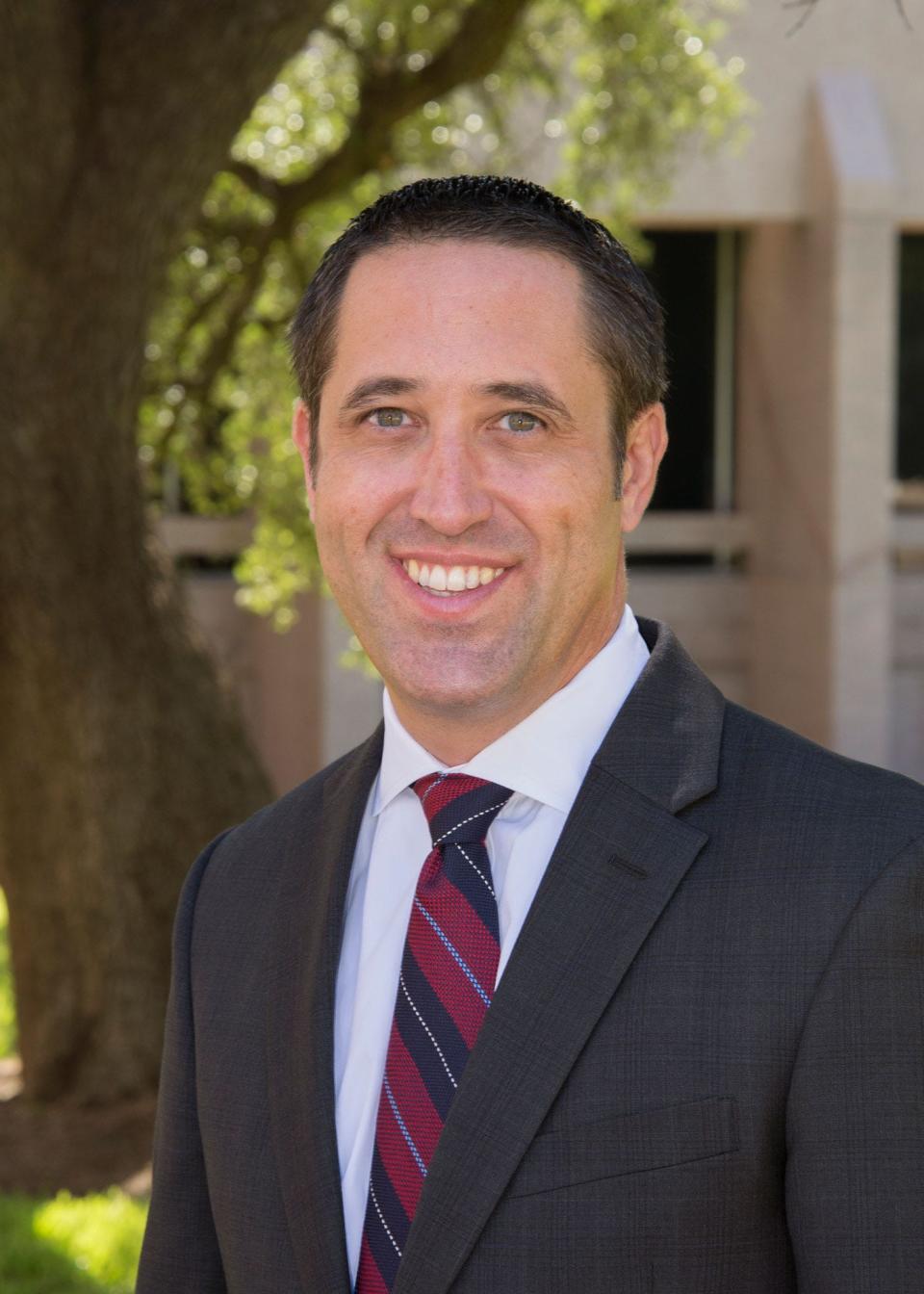Hegar: Comptroller's role in getting Texans access to reliable connectivity
I have been blessed with three amazing children. Watching them grow up, I often reflect on just how different their childhood is from mine. One big reason for that is the internet.
My children are among the 70% of 6th- to 12th-graders who rely on the internet to complete their school assignments. Broadband internet allows us to connect with family and collaborate with colleagues. However, recent U.S. Census Bureau data indicate almost 2.8 million Texas households lack broadband. That’s more than 7 million Texans who can’t attend online classes, see a doctor from their living room, fill out a job application online, or access online marketplaces from their kitchen table. These barriers drastically impact the economic opportunities and quality of life of our fellow Texans.

As was reported by the Federal Reserve Bank of Dallas in 2016, this problem disproportionately affects rural communities, communities of color, and poorer families. Since the time this report was published, the pandemic has both accelerated the adoption of technology and widened this digital divide between the connected and unconnected.
In March I launched a Broadband Listening tour. So far, I’ve hosted townhalls in 12 cities across the state to hear directly from Texans. The sentiment is consistent –– slow data speed, unreliable access, cost, and coordination are critical areas of concern.
At these townhalls I’ve heard how communities have come together for makeshift solutions. In Cuero, a McDonald’s became an ad hoc Wi-Fi hub during the pandemic. Parents and children who lacked access at home often sat in the parking lot to complete online assignments. I’ve heard from pastors who have struggled to minister to those members of their congregations who lacked adequate connectivity. And Texans in every corner of the state told stories of high-speed fiber running just a couple hundred yards from their home with no way of convincing a service provider to make the investment to complete the connection.
I’ve also learned about local efforts to increase connectivity, such as a pilot program that would provide free broadband Wi-Fi to East Waco, an area where 40 percent of residents don’t have internet access at home. Like my office, the city of Waco is asking for input from businesses and seeking partnerships to provide this service.
Perhaps the most common recurring theme has been the constant reminder that while high-speed internet can be a luxury in many ways, it is now a necessity. Whether for public health, education or modern agriculture, Texans need reliable connectivity.
During the pandemic, 4.5 million Texans started using telehealth services. On-demand medical care often provides same day help within minutes or hours for minor injuries and illnesses, counseling services and more, allowing the sick to get well faster and without traveling to a doctor’s office.
Telemedicine is critical for Texas’ rural areas, which have been experiencing a decrease in the number of hospitals and primary care physicians for more than a decade. In fact, most households without broadband — 89 percent — are in the state’s rural areas.
In 2019 the U.S. Department of Agriculture (USDA) found that a quarter of Texas’ farms have no internet access at all. Yet, from time spent on my family’s farm in rural Hockley, I know that modern precision agriculture relies on high-tech processes to improve the efficiency and effectiveness of planting, harvesting and pest management. The USDA further noted that adequate broadband infrastructure and digital technologies could add up to $65 billion annually to the U.S. economy. By expanding access to Texas farmers, we will be helping bolster the state’s farming economy.
The 87th Texas Legislature appropriated $5 million to the Broadband Development Office (BDO), a new agency created and administered by the Comptroller’s office, to implement legislation on broadband expansion, which includes establishing an official statewide plan for expanding access. Additionally, the American Rescue Plan Act enacted by the federal government has allocated $500.5 million to Texas for broadband expansion, and the Infrastructure Investment and Jobs Act will allocate at least $100 million more. This funding is a valuable resource, but it also comes from taxpayer dollars, so we must use it in the most efficient and effective way possible.
This is a monumental task and to accomplish it we must work together. Expanding broadband access will require collaboration and partnerships between local governments and private entities, across counties and among residents. That collaboration starts with you. I’m asking everyone to please take our survey to let us know about their experiences with accessing high-speed internet. There are two ways to complete the survey:
• Online at https://www.surveymonkey.com/r/Texas-BDO-2022
• By phone at 833-3-TEXBDO (839236)
You also can help by encouraging your neighbors, friends and family to complete the survey. The more Texans who respond, the more accurate our state broadband plan will be and the better able we’ll be to improve broadband access for all.
Learn more about the BDO and our mission to connect Texas at BroadbandForTexas.com.
Glenn Hegar is the Texas Comptroller of Public Accounts.
This article originally appeared on Amarillo Globe-News: Hegar comptroller's role in getting Texans reliable connectivity

